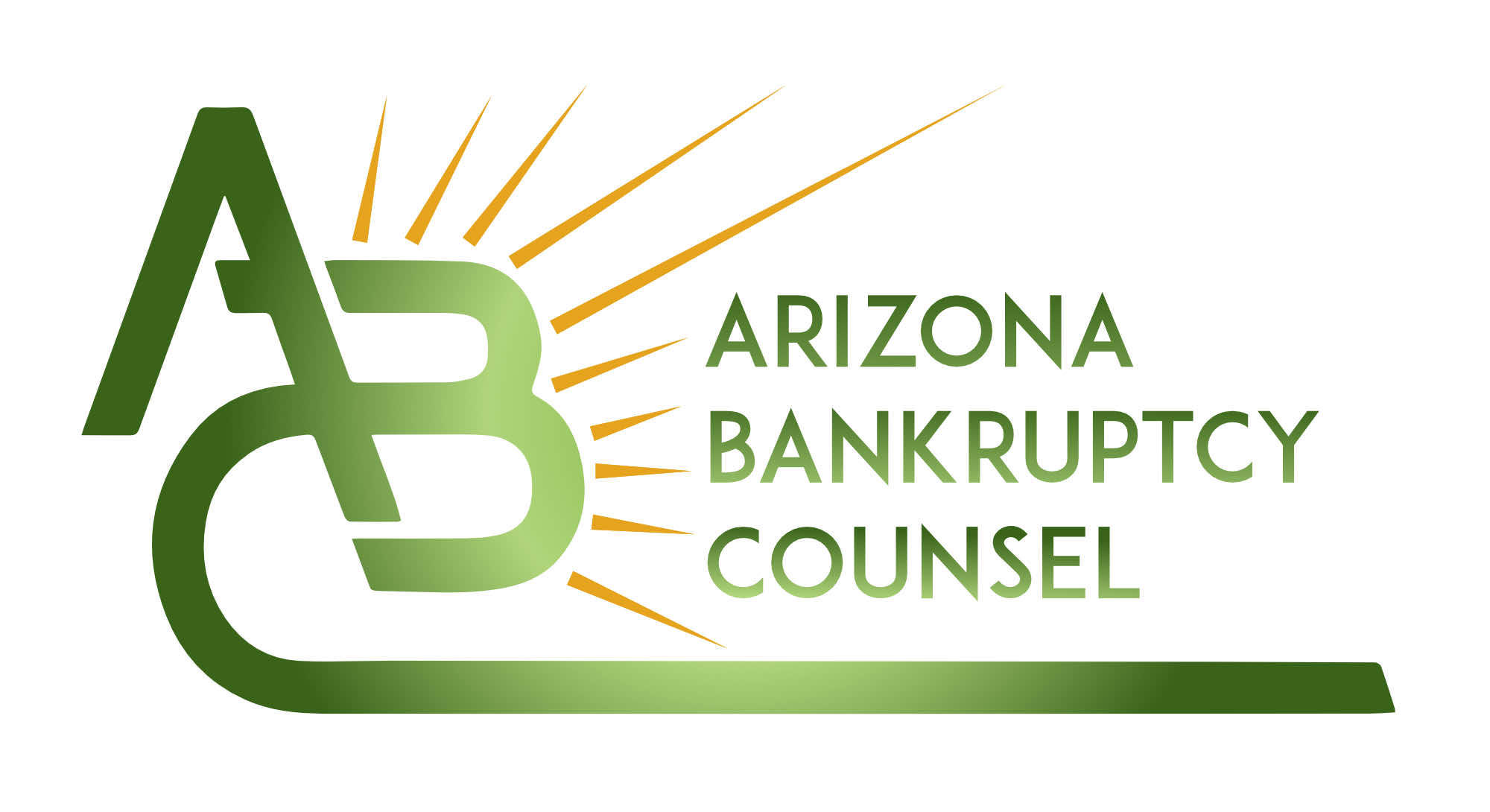Another argument for approving operating expenses more readily than other uses arises under state law. Under the state law or the contract, a creditor’s interest in the cash collateral may extend only to the net rents or net proceeds or, alternatively, the secured creditor may have a duty under state law to permit payment of operating expenses.
As with most state law questions, the primary focus is on the language of the agreement and the circumstances of its creation. The Bankruptcy Code also expressly defers to the contract: a creditor’s against rents or proceeds is preserved under only “to the extent provided by [or in] such security agreement.” 11 USC § 552(b)(1), (b)(2). On this issue, the secured creditor bears the burden of proving the extent of its interest. 11 USC § 363(p)(2).
Ninth Circuit authority supports by inference the view that a creditor’s interest in cash collateral is limited to “net rents” or “net proceeds.” In the context of valuing a secured creditor’s claim at confirmation, the Ninth Circuit explained:
The value of [the creditor’s] secured claim for the purposes of confirmation is the market value of real property plus the net amount of the rents collected post-petition and pre-confirmation and subject to a deed of trust and assignment of rents.
In re Ambanc La Mesa Ltd. Partnership, 115 F.3d 650, 654 (9th Cir. 1997) (emphasis added). The calculation of “net” is not detailed in this passage, but the Court provided some information earlier in the opinion, as it explained the error it was reversing:
The bankruptcy court first, erroneously failed to include cash collateral, the sum of rents accumulated less operating expenses at the time of the confirmation of the Plan, in the present value securing Liberty’s claim.
115 F.3d at 650 (emphasis added). The Court also referenced a prior order in the case requiring segregation of “all net income from the rents and revenues, generated at the property and beyond those necessary to pay the normal operating expenses of the property.” Id. (emphasis added).
Although the analysis here is abbreviated, it is clear that the secured creditor’s interest in cash collateral–or at least the value of that interest–does not extend to gross receipts but is limited to the net cash remaining after payment of operating expenses.
This conclusion is consistent with cases from other jurisdictions which provide more detailed reasoning. The court in In re Willowood East Apartments of Indianapolis, 114 B.R. 138 (Bankr. S.D. Ohio 1990) looked to the language of the security instrument and determined that the extent of the lien was defined by net rents after operating expenses. 114 B.R. at 143. In that case, the deed of trust provided that if the secured creditor collected rents, the net rents would be applied to the secured obligation. The language was relatively detailed:
All rents and revenues collected subsequent to delivery of written notice by Lender to Borrower of the breach by Borrower of any covenant or agreement of Borrower in this Instrument shall be applied first to the costs, if any, of taking control of and managing the Project and collecting the rents, including, but not limited to, attorney’s fees, receiver’s fees, premiums on receiver’s bonds, costs of repairs to the Project, premiums on insurance policies, taxes, assessments and other charges on the Project, and the costs of discharging any obligation or liability of Borrower as lessor or landlord of the Project and then to the sums secured by this Instrument. . . .
Id. at 143. In other cases, the contractual language may be more brief, simply directing that the creditor apply the “net proceeds” over and above the lender’s or receiver’s costs, to the debt, without detailing what those costs might be.
Even without similar language, however, a court may find that the same result was intended. In Willowood, the court pointed to the fact that the Debtor’s only asset was “the income producing real property” as evidence that the secured creditor “must have known that some portion of the gross rents would be required to keep the Property operating.” Id. Indeed, these circumstances have led courts to reach the same conclusion even under assignment of rent clauses which did not expressly provide for payment of operating expenses. In re Warren Street Associates, Ltd., 142 B.R. 53, 57 (Bankr. N.D.N.Y. 1992).
The court held in Willowood that the secured creditor’s interest in the rents “effectively extends only to net Rents after payment of ordinary, necessary expenses required to maintain and operate the Property to preserve its value.” 114 B.R. at 143.
Even if a creditor’s interest is seen to attach to the gross rents rather than to the net rents, the value of that interest is still measured by the net rents. Ambanc, 115 F.3d at 654. It may seem, then, that the gross vs. net theories have no consequences. In both Willowood and Warren Street, the courts held that the same result would follow under an adequate protection argument even if the creditor’s interest extended to gross receipts. Willowood, 114 B.R. at 143; Warren Street, 142 B.R. at 57.
The choice of theory may make a difference, though, where an adequate protection argument is not available, and it may affect the amount of deference shown to the debtor or to the secured creditor on contested issues of what qualifies as operating expenses.
The analysis presented here focuses primarily on the language of the agreement and the circumstances of its creation. These questions are always important under state law and under 11 USC § 552(b)(1), but there are also other sources of state law which may restrict a secured creditor’s ability to object to the use of cash collateral for operating expenses.
